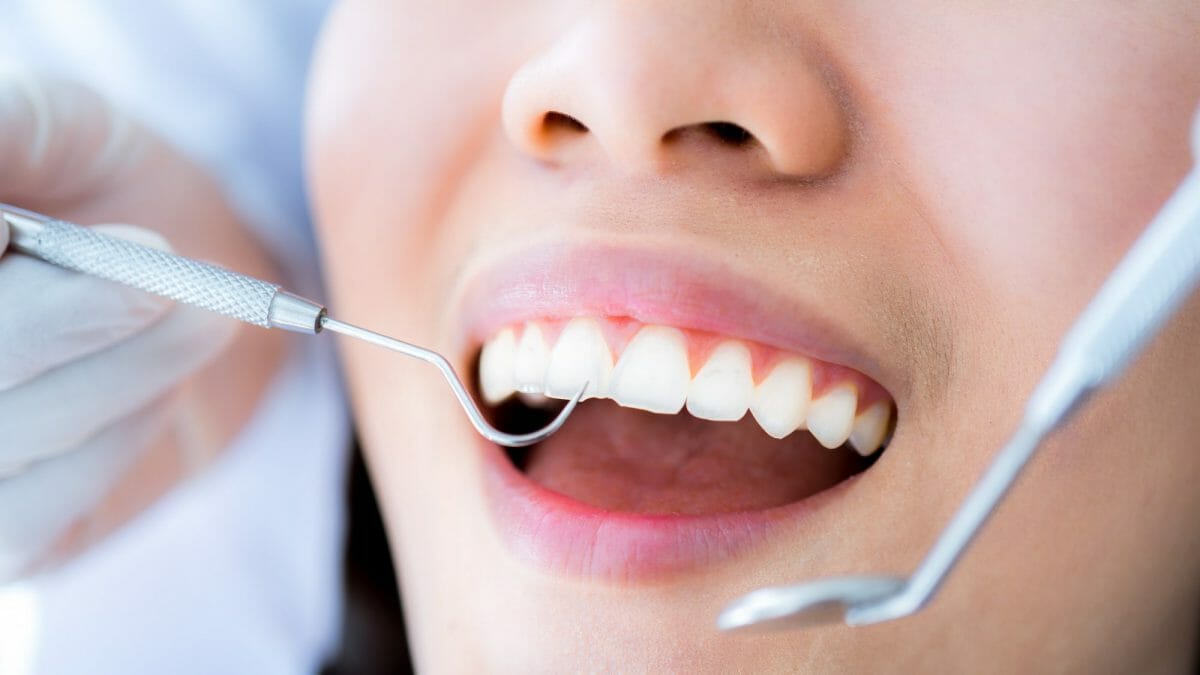Gum infection may risk heart arrhythmia: Research
30 January, 2023 | Pragati Singh

Periodontitis, often known as gum disease, can cause a variety of dental issues, ranging from bad breath to bleeding and tooth loss. Researchers at Hiroshima University determined that it may be li...
Periodontitis, often known as gum disease, can cause a variety of dental issues, ranging from bad breath to bleeding and tooth loss. Researchers at Hiroshima University determined that it may be linked to considerably more significant diseases elsewhere in the body, specifically the heart.
The team discovered a significant correlation between periodontitis and fibrosis (scarring to an appendage of the heart’s left atrium that can lead to an irregular heartbeat called atrial fibrillation) in a sample of 76 patients with cardiac disease in a study published in JACC: Clinical Electrophysiology.
“Periodontitis is associated with a long-standing inflammation, and inflammation plays a key role in atrial fibrosis progression and atrial fibrillation pathogenesis,” said first author Shunsuke Miyauchi, assistant professor with the Hiroshima University’s Health Service Center.
He is also affiliated with the university’s Graduate School of Biomedical and Health Sciences, adding, “We hypothesized that periodontitis exacerbates atrial fibrosis. This histological study of left atrial appendages aimed to clarify the relationship between clinical periodontitis status and degree of atrial fibrosis.”
The patients’ left atrial appendages were surgically removed, and the tissue was studied to determine the relationship between the severity of the atrial fibrosis and the severity of the gum disease. They discovered that the worse the periodontitis, the worse the fibrosis, implying that gum inflammation may exacerbate inflammation and illness in the heart.
“This study provides basic evidence that periodontitis can aggravate atrial fibrosis and can be a novel modifiable risk factor for atrial fibrillation,” said corresponding author Yukiko Nakano, a cardiovascular medicine professor at Hiroshima University’s Graduate School of Biomedical and Health Sciences.
Periodontal care, in addition to decreasing other risk factors such as weight, activity levels, and cigarette and alcohol use, according to Nakano, could benefit in the overall therapy of atrial fibrillation. However, she emphasised that this study did not show a causal association, which means that while gum disease and the severity of atrial fibrosis appear to be linked, researchers have not found that one causes the other.
“Further evidence is required for establishing that periodontitis contributes to the atrial fibrosis in a causal manner and that periodontal care can alter fibrosis,” Nakano said, adding, “One of our goals is to confirm that periodontitis is a modifiable risk factor for atrial fibrillation and to promote dental specialists’ participation in comprehensive atrial fibrillation management. Periodontitis is an easily modifiable target with lower cost among known atrial fibrillation risk factors. Thus, the achievement of this study series may bring benefits for many people worldwide.”
Following that, the researchers stated that they intend to undertake additional clinical trials to see whether periodontal intervention reduces the occurrence of atrial fibrillation and improves patient outcomes.










